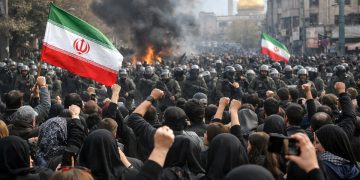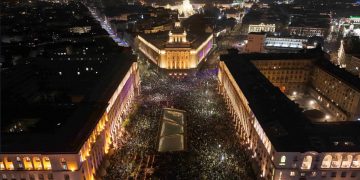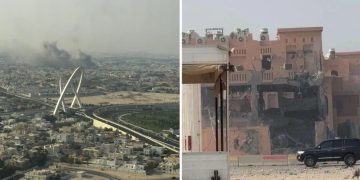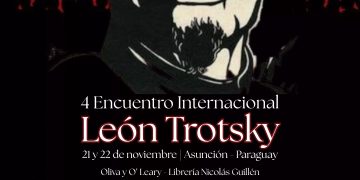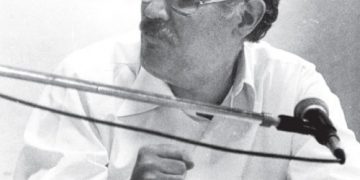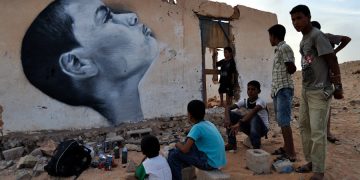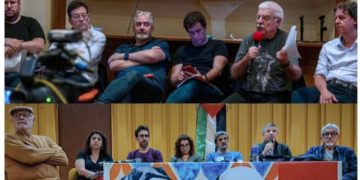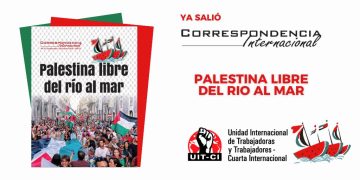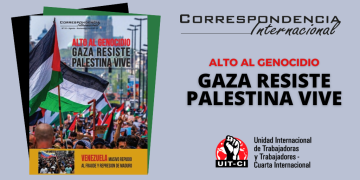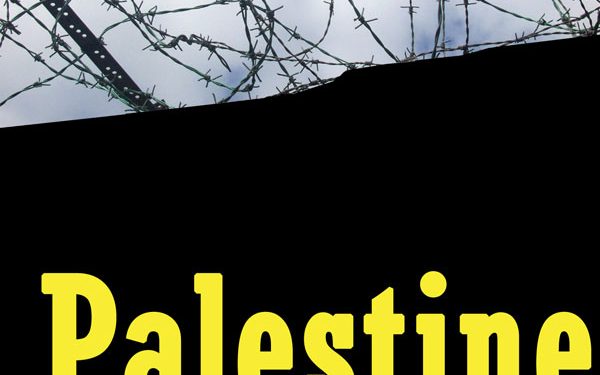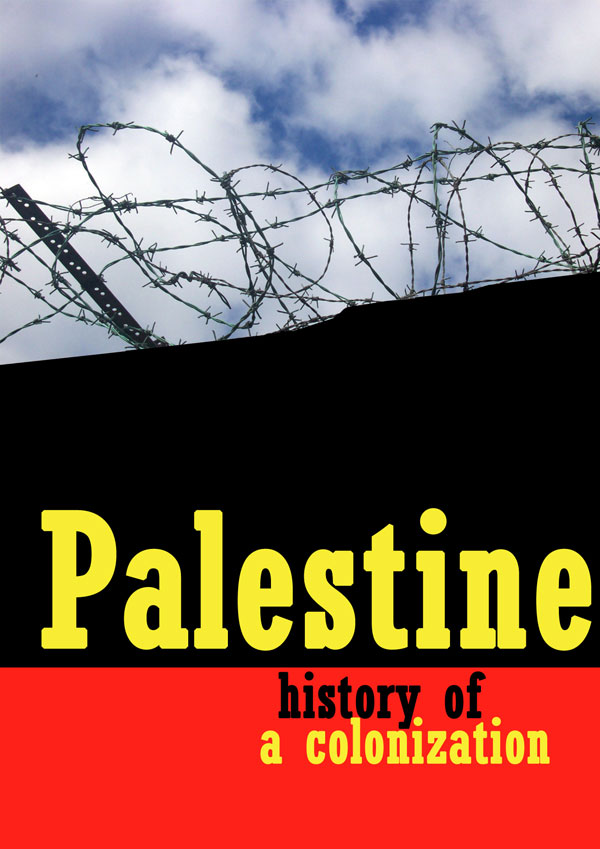Presentation
60 years ago, on May 14, 1948, the Zionist movement institutionalized in the Palestinian territory the State of Israel. So it was consummated an operation of expulsion of nearly a million native inhabitants, mostly simple peasants. The hundreds of thousands who remained were transformed into “second-class citizens’, pariahs in their own land. Still very fresh in the memory of the world, memories of the slaughter of millions of Jews suffered at the hands of Hitler and the Nazis. The propaganda of Zionism, with the complicity of virtually all imperialist governments and the USSR subjugated by Stalin, allowed the installation of a myth: “a land without people for a people without land.” The voices of condemnation were almost inaudible.
The Palestinians never gave up, never stopped resisting. And in the 1960s they began to be heard. The Palestine Liberation Organization (PLO) arose, led by the legendary Yasser Arafat (1929-2004). The Six Day War in 1967, when Israel extracted new territories from neighbours Egypt, Jordan and Syria, confirmed the aggressive and expansionist character of Zionism. The Palestinians did not get frightened. In 1969, while they were denounced as “terrorists” in a fierce global campaign, they made their appeal to the world: “For a secular, democratic and non-racist Palestine.”
In December 1973, the [Argentinian] PST (Socialist Workers Party) published this work reprinted today: Palestine: history of a colonization, in their Revista de América No. 12. It was part of their campaign in support to the struggle of this oppressed people. It was a well-documented research, which, with the evidence available then exhaustively demonstrated the invasive and pro-imperialist character of Zionism and its offspring, this “country” enclave installed with blood and fire in Palestine.
Governments and the various sectors of the Arab bourgeoisie swung between their capitulations to imperialism, and Israel itself, and their sporadic measures of rejection, such as the 1973 war. The oppressed Palestinian people endured all kinds of suffering, within the borders of the invader and the various Arab countries that gave them refuge. There was neither a leadership nor steadfast allies to allow a solid answer, and that gave respite to Israel.
In 1978, the Egyptian Government gave a decisive step towards betrayal, when negotiating with U.S. and Israel at Camp David, it signed with President Jimmy Carter the recognition of the existence of Israel, through the pro-Zionist and pro-imperialist utopia of the “two states”. Before the completion of the XX century, in 1993, Yasser Arafat, the PLO leader, continued on that path. Vain attempt to give the invader an impossible recognition. The oppressed people never stopped fighting…
In the XXI century, the permanent mobilization and the suffering of the people of Gaza and the West Bank have been increasingly taking centre stage. In the Middle East and around the world the crisis, the weakening and discrediting of Israel are growing. The Palestinian cause wins growing support.
There is currently a movement that promotes the economic boycott, divestment and sanctions against Israel. The war against Lebanon in 2006, when it bombed Beirut to near destruction, was a tremendous defeat and a new blow to its false legitimacy. And the everyday images of Gaza and West Bank citizens bombed, repressed, without food, without water or electricity, are the clearest demonstration that in Palestine there is a genocidal invader. That is “the problem” of the Middle East. For this reason there has been no peace in this region for 60 years (and actually much longer).
These facts make the voices denouncing Zionism and Israel more numerous and strong. Consider two examples. After decades of being virtually ignored, the strong movement against Israel and Zionism by Jewish religious sectors, which they denounce as totally opposite to their tradition (see Yakov Rabkin, A Threat from Within: A Century of Jewish Opposition to Zionism, Planet, 2008) has been spreading since 2004. In an opposite corner, we can mention the last book of that historic friend of Israel, former President Jimmy Carter. In 2006 he published Palestine: Peace Not Apartheid, where he says: “The situation in Palestine now, the confiscation of their land, the inability of the people to protest what happens, construction of the ‘wall’ within its territory, and the complete separation of Israelis from Palestinians are, in many ways, conditions far worse than apartheid in South Africa.”
It is within this context that an idea begins to recover and it is increasingly getting stronger, that to “solve” the problem of the Middle East it is necessary to achieve “a secular and democratic Palestinian state”.
To update the 1973 research and provide information on many of these items mentioned, we publish now other texts, and finally a chronology of the rise of Zionism and the Palestinian struggle, from 1897 to 2008.
Buenos Aires, June 2008
Palestine: history of a colonization
Roberto Fanjul ● Gabriel Zadunaisky









